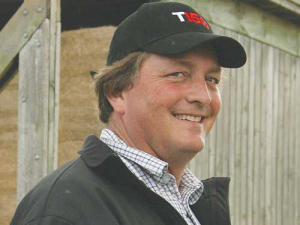Reaction to the Parliamentary Commissioner for the Environment's report has been positive.
Forest Owners Association chair Peter Weir says the report is timely and he backs the report's author Dr Jan Wright's call to plant more trees.
“Tree planting by farmers and small scale forest investors has declined in the past few years, and our log processing industry needs the extra tree planting Dr Wright is calling for,” Weir says.
“Another positive is that planting trees, especially on rolling hill country, is better than cost-neutral for a farmer. Returns on harvesting logs are, over the long term, higher than hill country farming of sheep and cattle.”
Forest and Bird also endorses the report, saying the idea of planting more trees is good and will have a range of environmental benefits, including providing better habitat for native bird species and better water quality.
“The impacts on farm productivity are likely to be negligible, as farmers report that the costs of grazing marginal country often outweigh the profits, and native forest restoration potentially opens other business opportunities such as tourism and honey farming.”
Federated Farmers spokesperson on climate change Anders Crofoot says Feds sees the report contributing to the discussion NZ needs to have to find ways to reduce agricultural emissions.
He notes Wright observes that, while total emissions from agriculture during the last 25 years have increased 15%, at the same time emissions from road transport have increased by 71% and industrial processing by 45%.
“To achieve the massive change required to reduce agricultural emissions, we must work together as a nation, and look for solutions based on new technologies, smart science and good research.”
However, he says Feds does not support the inclusion of agricultural emissions in the ETS, because it would put NZ producers at a severe competitive disadvantage on international markets.











